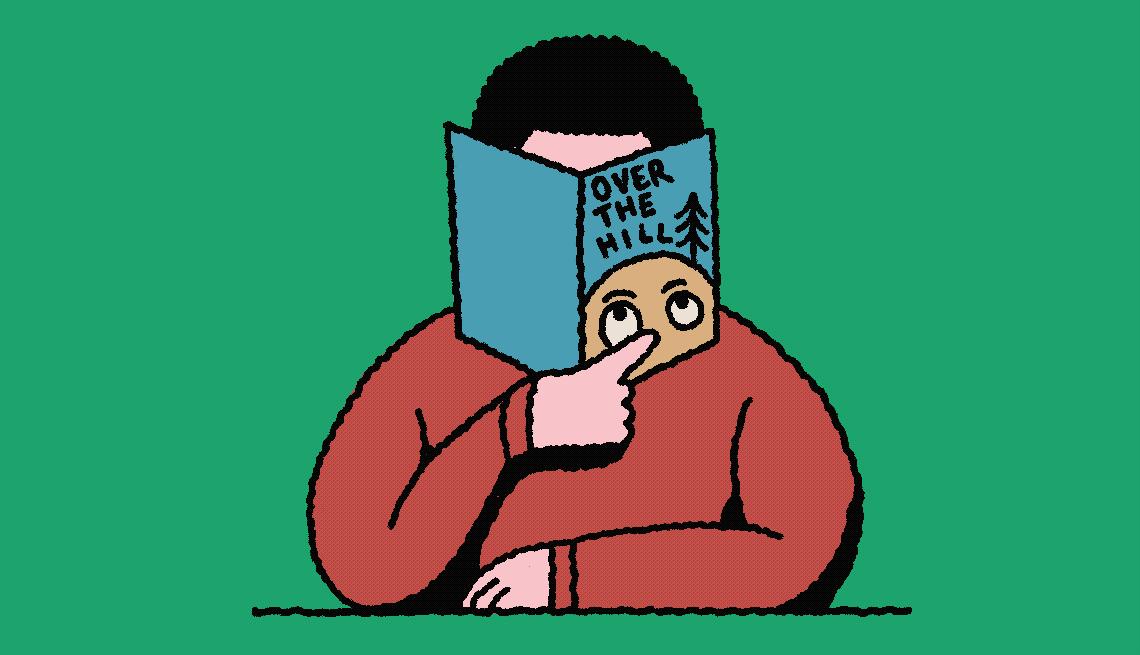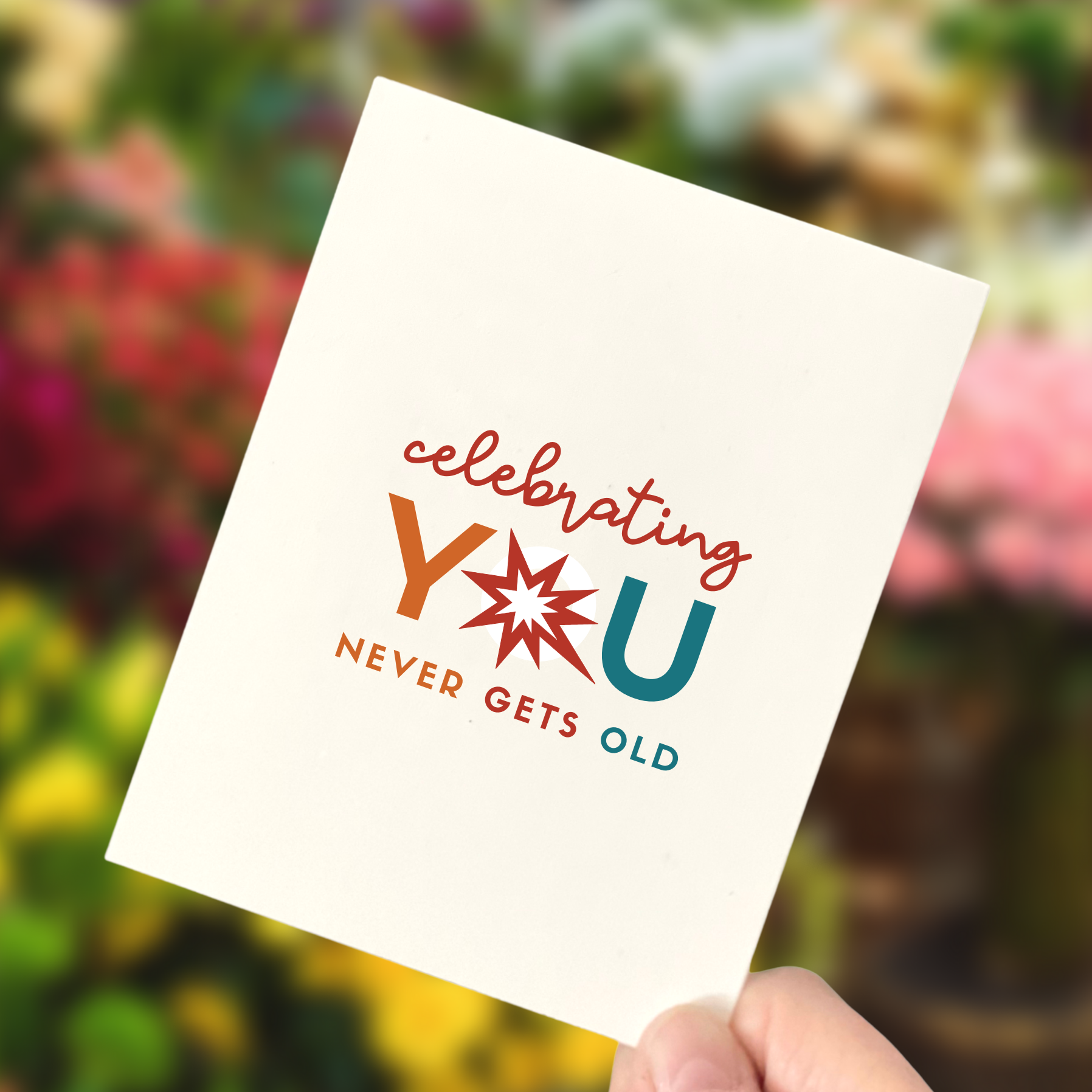AARP Hearing Center


Years ago, when Sara Breindel was working as an administrative assistant at a financial services company, she gave her boss a birthday card that ridiculed getting older. “He was turning 47 or 48, and I thought that was hilarious, because I was 25, or whatever,” recalls Breindel, who has served more recently as codirector of Changing the Narrative, a Denver-based organization dedicated to fighting ageism. “When I saw his face fall, that was the first time I remember thinking, Oh, maybe this isn’t funny. Maybe it’s unkind.”
They’re everywhere — birthday cards with messages like “There’s an old saying about how great it is to get older. Too bad I can’t remember what it is,” or “You know you’re getting old when your boobs hang so low, you can have a mammogram and a pedicure at the same time.”
Witty? Nasty? Depends on your point of view. What’s certain is that everyone sees cards that depict older people as cranky, decrepit or technologically inept — whether it be at the drugstore or at a coworker’s retirement party — and a growing body of research suggests that they are far from benign.
A 2022 study by health disparities researcher Julie Ober Allen of the University of Oklahoma revealed that older people who are more exposed to this kind of ageist slight are more likely to be depressed and suffer from chronic health problems.
Thanks in part to activists such as Breindel, there are alternatives.
While most major cards companies have a few age-positive birthday card options here and there, Calypso Cards, a U.S. greeting card company that distributes to around 2,000 U.S. and Canadian retailers, including museums and high-end independent bookstores countrywide, such as Powell’s Books in Portland, Oregon, and Barbara’s Bookstore in Chicago, debuted a collection of 25 age-positive cards on May 20. This is the first time a U.S. card company of this size has released a pro-age line of cards, according to Sarah Schwartz, editor in chief of Stationery Trends magazine. The cards were created by designer and pro-age advocate Jan Golden and feature messages such as “You’re at the age when you realize they were all wrong about this age,” and “Celebrating you never gets old.”
“People are picking up on it, and it’s snowballing,” says Nicky Burton, managing director of Calypso Cards. “I’m hoping we’ll sell out of the first print run and go back to press very quickly. And I imagine that will happen.”






































































You Might Also Like
Happy 70th Birthday, Jim Belushi!
Plus 16 other celebrities celebrating milestones this month, including Alanis Morissette, Lionel Richie and Meryl Streep
25 Great Ways to Be a Better Friend
We asked for advice on how to strengthen friendships from relationship authors — here’s what they said
Gladness Gurus Share Top Tips for Finding Happiness
These strategies can make every day more fun, festive and fulfilling
AARP Members Edition
Your daily source for candid takes on life, comprehensive guides to living well, tips for saving money, inspiring travel, and more – only for AARP membersRecommended for You